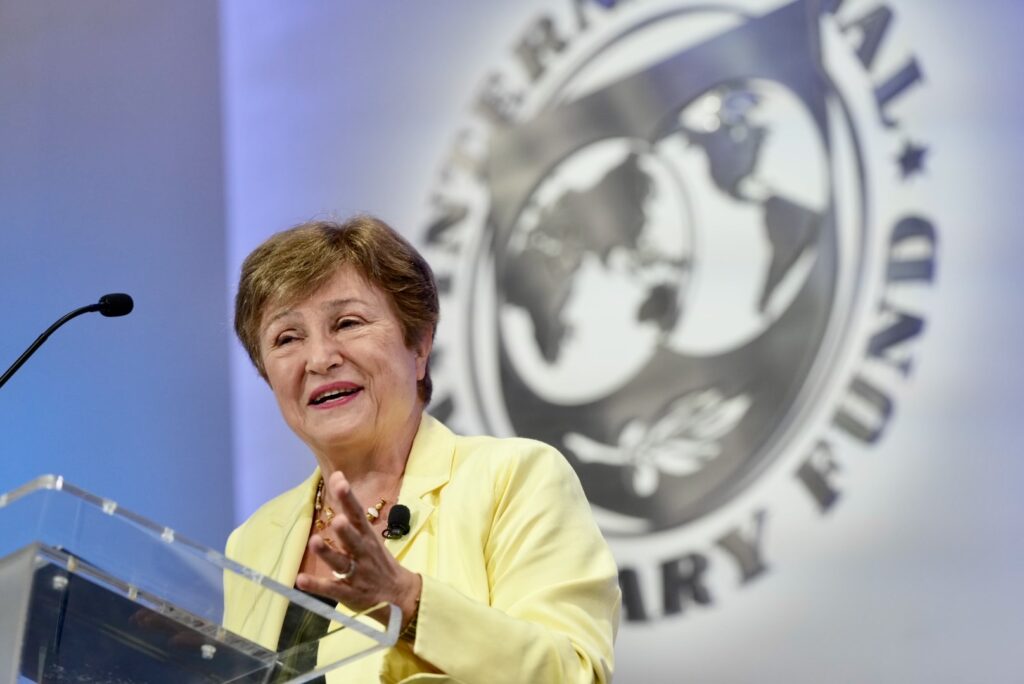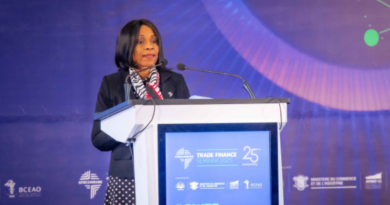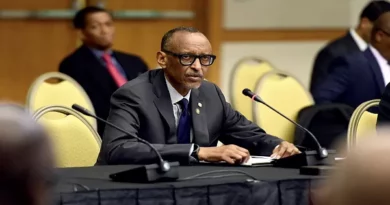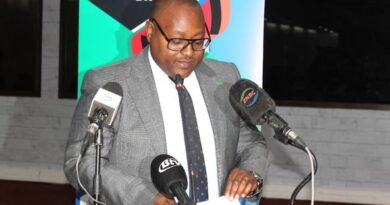Kristalina Georgieva Secures Second Term as Managing Director of the IMF
Kristalina Georgieva has been reappointed as Managing Director of the International Monetary Fund (IMF), commencing her second five-year term on October 1, 2024. The IMF’s Executive Board made the decision on April 12, 2024, recognizing her impactful leadership since she first assumed the role on October 1, 2019.
Georgieva brings a wealth of experience to the IMF, having previously served as CEO of the World Bank from January 2017 to September 2019, where she also acted as Interim President for three months.
Her distinguished career includes significant roles within the European Commission, where she was Vice President for Budget and Human Resources, overseeing the EU’s €161 billion budget and managing the EU’s response to critical events such as the Euro Area debt crisis and the 2015 refugee crisis.
Beginning her career in public service at the World Bank in 1993 as an environmental economist, Georgieva held various senior positions, including Director for Sustainable Development and Vice President and Corporate Secretary.
She has been instrumental in shaping international policy, focusing on humanitarian aid and environmental issues, and has authored over 100 publications on economic and environmental policy.
In addition to her roles at the IMF and World Bank, Georgieva is active in international discussions, serving as co-chair of the Global Commission on Adaptation and the United Nations Secretary-General’s High-Level Panel on Humanitarian Financing.
Born in Sofia, Bulgaria, in 1953, Georgieva holds a Ph.D. in Economic Science and an M.A. in Political Economy and Sociology from the University of National and World Economy, Sofia.
She was recognized for her contributions to humanitarian crises and international leadership with various accolades, including the Atlantic Council’s Distinguished International Leadership Award in 2020.
Georgieva’s reappointment at the IMF comes at a crucial time as the global economy faces numerous challenges, including inflation and geopolitical tensions. Her continued leadership is expected to guide the organization in addressing these pressing issues and enhancing global economic stability.



